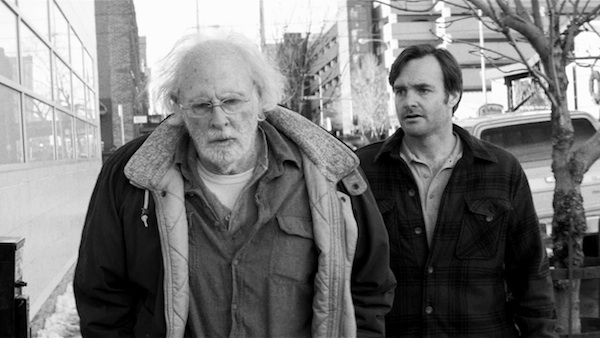Did not read the books. Did not read reviews going into the film. Did not discuss the story with devotees beforehand.
In a futuristic Chicago, teenagers must decide which of five factions to join when they reach a certain age. Their selections are based on testing and on choice, and the main character, Triss (Shailene Woodley), makes a choice that would be surprising except that viewers have been coached to expect it, and even want it, from the beginning of the film.
The factions represent the predispositions of people in the respective groups. Who doesn’t want to be selfless, peaceful, honest, brave, and intelligent, the characteristics that identify the five factions of the city?
I do, I do!
Except that in this city, the powers that be have determined that separating the factions by the dominant trait is necessary to maintain peace. People who identify with more than one of these traits are classified as Divergent and considered a threat to the city.
One thing I don’t understand, given this narrative framework, is why, then, teenagers are allowed to choose a faction regardless of their test results. I didn’t think about this when watching the film because it is a necessary condition to drive the plot, but now I think there should have been some explanation (or one that I managed to catch) to reconcile the idea of choosing factions with the competing idea that divergence is a bad thing.
I went into Divergent cold except for the preview trailers, which didn’t make me especially eager to see the film.
And…I liked it.
The action sequences are not thrilling. The story is not shocking. The love story is remarkably tender (suitable for younger viewers and offering encouragement to wait for sex until emotional readiness matches desire).
And, let’s be clear, Theo James, as Four, offers plenty in the desirability column; I’m not just talking about his smoldering gaze and expressive lips.
Actually, all of the casting works for me except that three of the male recruits in Triss’ group look too much alike to be clearly delineated, and they don’t look totally dissimilar from her brother, either. Couldn’t they choose some other “types” for those of us who haven’t devoured the books?
Seeing another strong, female lead in the mold of The Hunger Games franchise, is still refreshing after decades of Hollywood treating women and girls as a “niche” audience despite the fact that we are slightly over 50% of the population.
Besides, Divergent is entertaining. I’m glad I saw it and that I went into the screening with zero expectations.






